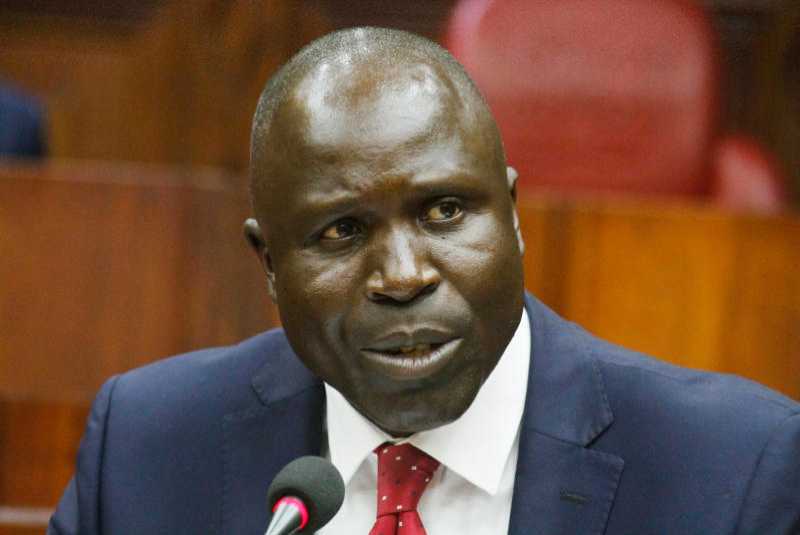×
The Standard e-Paper
Smart Minds Choose Us

High Commissioner to India Nominee Willy Bett during the vetting before the National Assembly Defence and Foreign Relations at County hall, Nairobi on Thursday 22/02/18. [Photo: Boniface Okendo,Standard]
Senators want a Cabinet secretary and his former colleague held responsible for maize scandal.